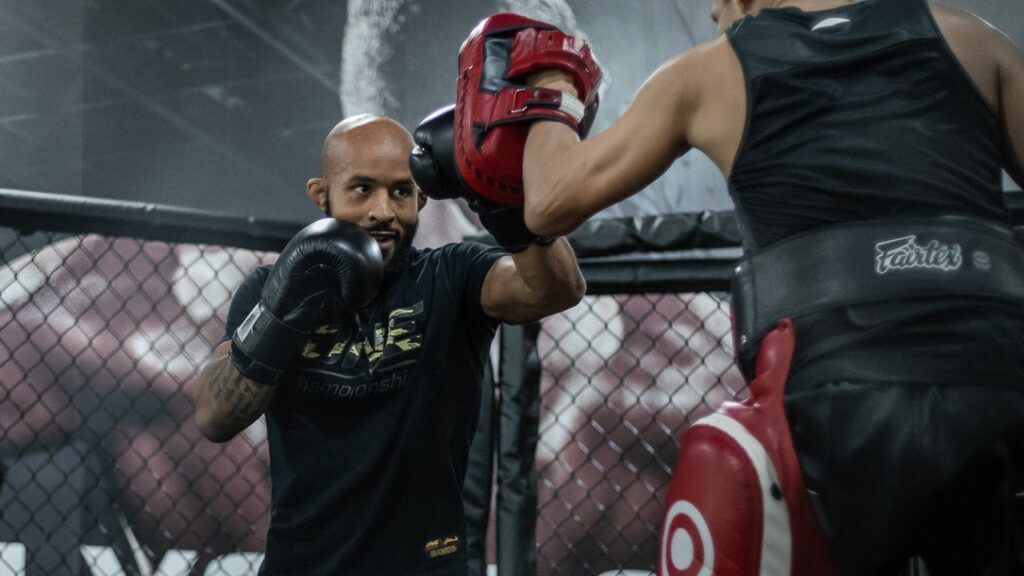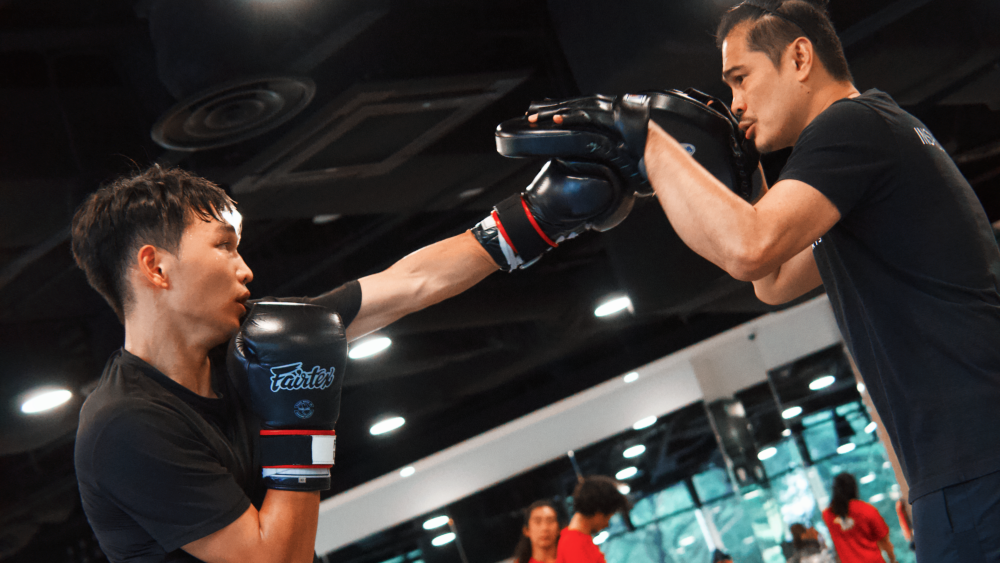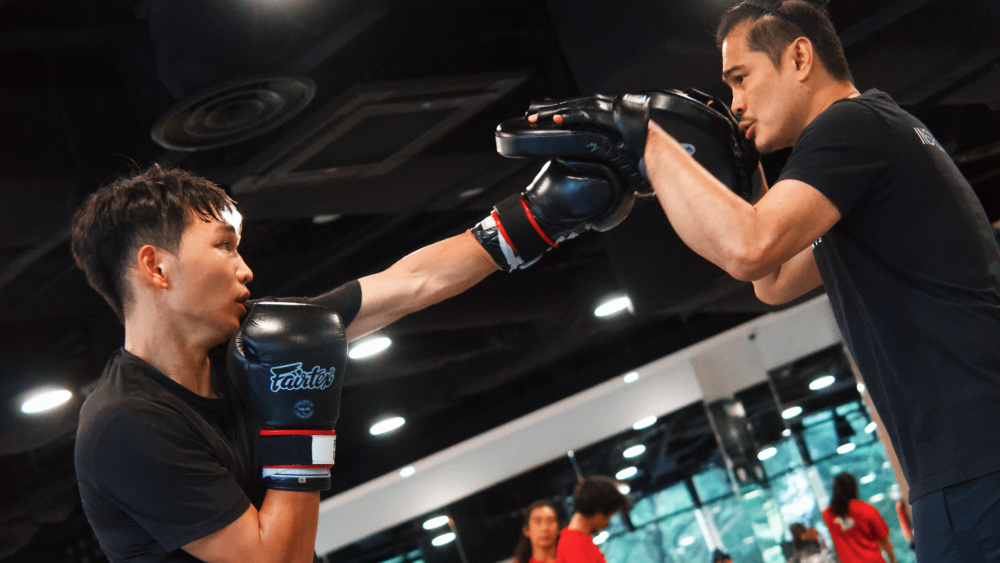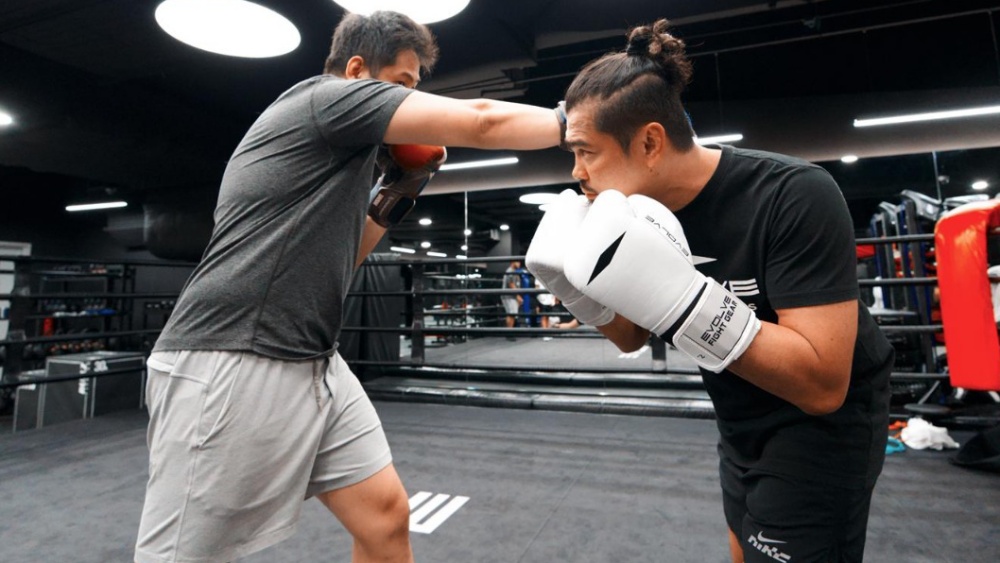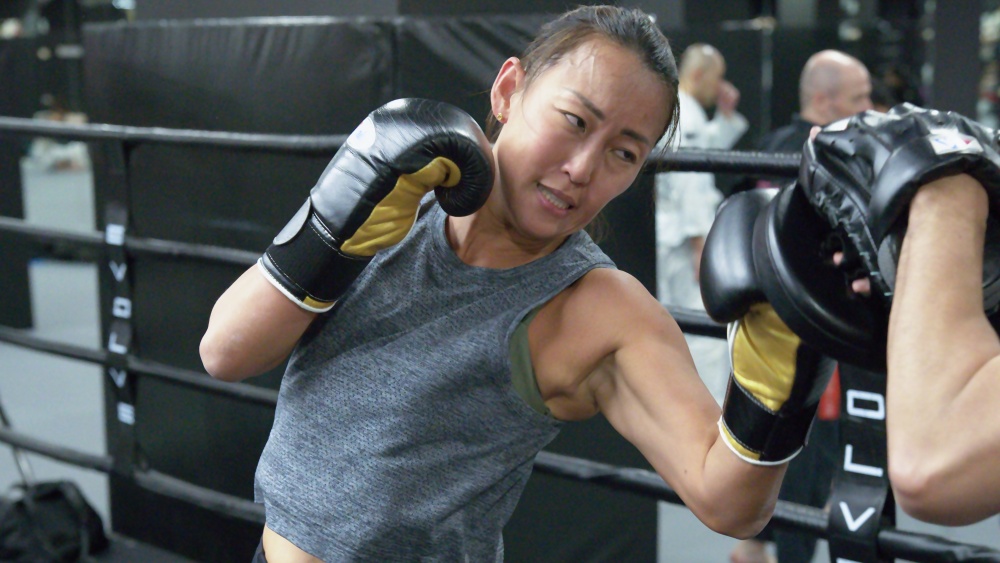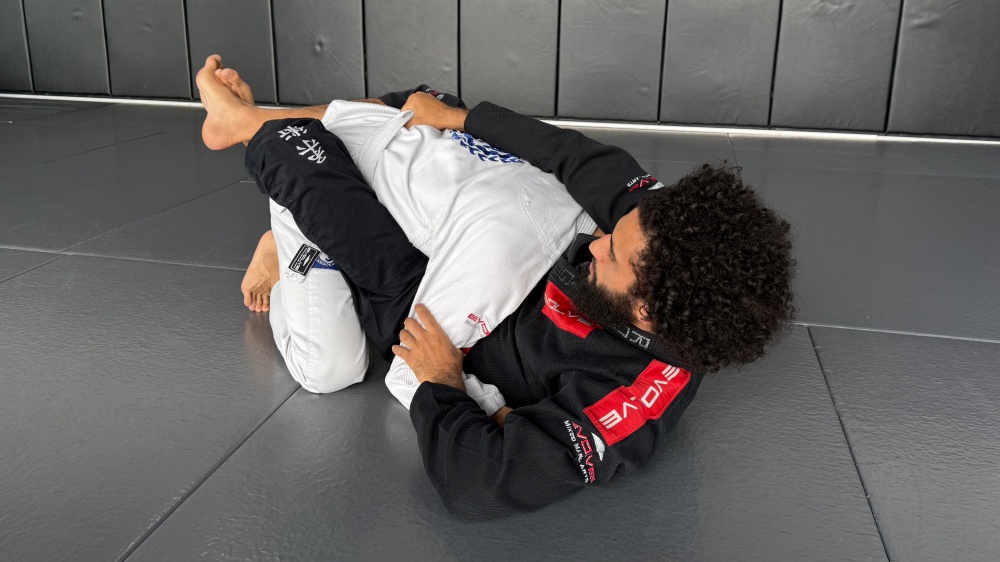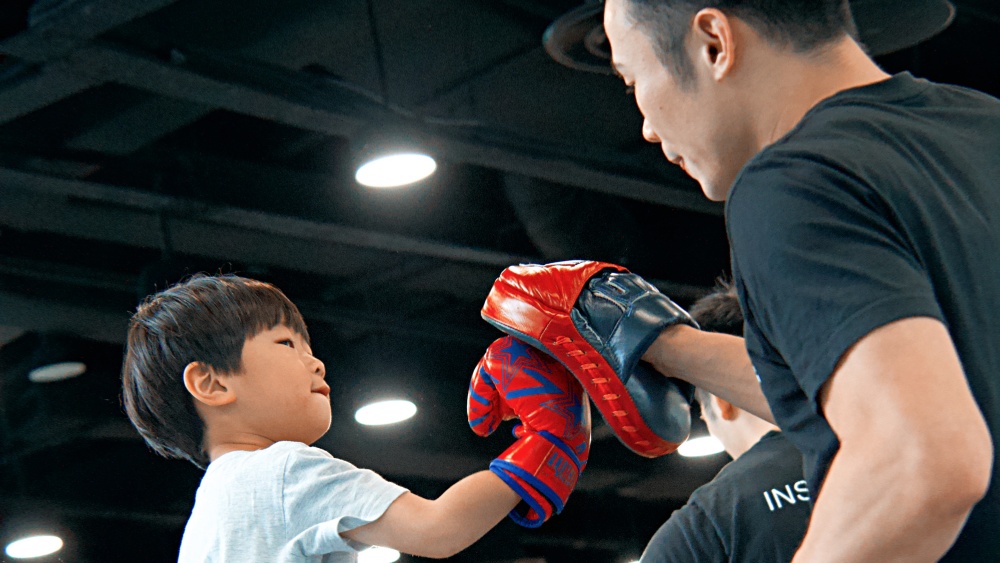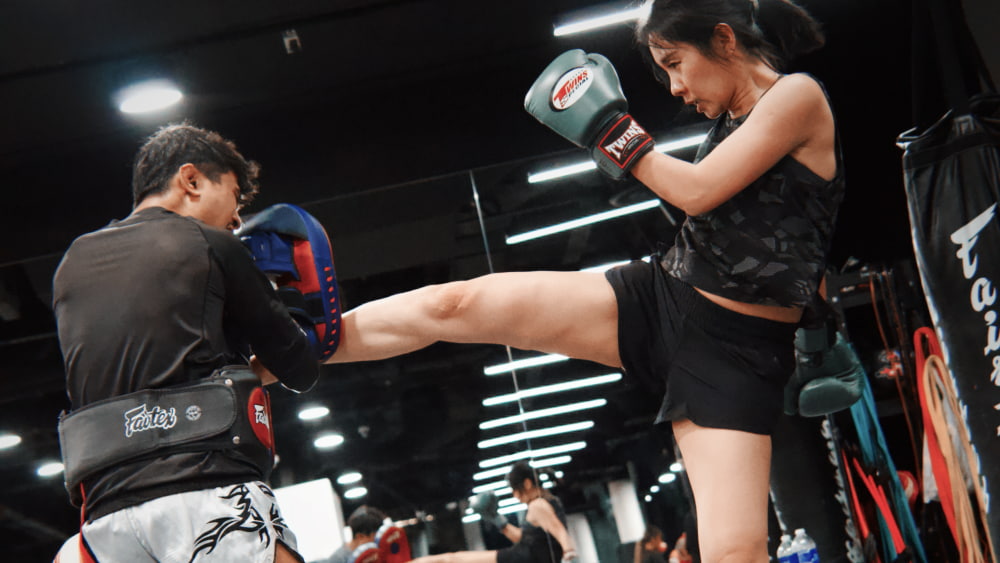With the sweet science getting more and more popular in Singapore, boxing gyms in Singapore are quickly becoming many people’s go-to option to get in shape and learn self-defense.
To some, stepping into a boxing gym for the first time can be an intimidating experience. They’re often full of tough-looking men and women smashing pads and heavy bags. And when you attend your first boxing class, there will be a lot you don’t know. However, by entering the boxing gym with a solid understanding of boxing gym etiquette, you can alleviate much of your anxiety and focus on what’s important: learning and having fun! Whether you’re in Europe, Singapore, the United States, or elsewhere, if you review the boxing gym etiquette tips below, you should be well prepared when you attend your first boxing class. Today, Evolve Daily shares Boxing Gym Etiquette Beginners Should Know.
1) Show up on time
Not only is showing up on time a sign of respect to your coaches and teammates, but it also allows you time to get ready for class. Getting ready for class requires a bit of preparation, such as wrapping your hands and changing into your workout clothes. Always give yourself plenty of time to get these types of things done, so you don’t interrupt the class by coming in late.
2) Show up ready to work
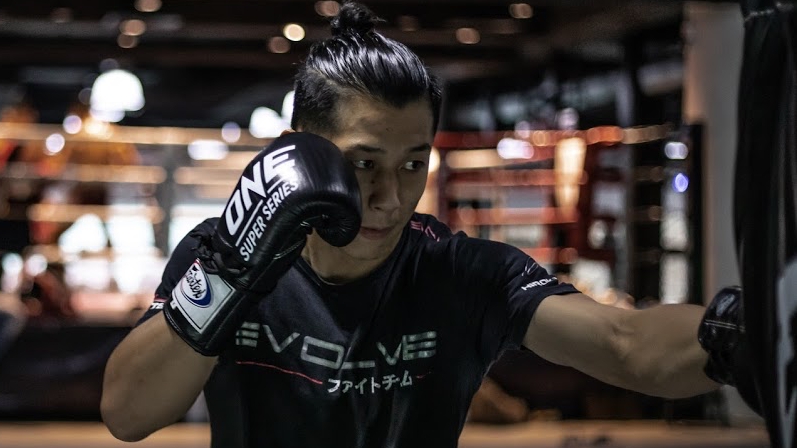
People join boxing gyms to have fun, learn, and get in shape. Therefore, even if you aren’t in great shape, you should show up to your first boxing class ready to work. Of course, everyone has different levels of fitness and ability. Therefore, you should show up ready to try your best. If you haven’t worked out in a long time (or ever), you’ll probably have a hard time keeping up with the rest of the class. This is normal. Everyone is different. If you do your best, your coaches and teammates will respect your effort. When you work hard, you’ll find that the majority of your teammates will be eager to offer you encouragement.
3) Don’t ask too many questions

Everyone has heard that there is no such thing as a stupid question. This is true. And when you attend your first boxing class, you’ll probably have many questions. However, there is a time and a place for questions, especially in a boxing gym. When you bombard your boxing instructor with questions while he or she is teaching the class, it distracts your teammates and robs everyone of valuable class time. Save your questions for after class or during one-on-one time with your instructor.
4) Maintain a good attitude
It’s important to maintain a good attitude when joining a boxing gym. There are many ways to do this. For one, don’t set unrealistic expectations for yourself. If you’ve never boxed before and you think you’re going to become an expert on your first day, you’re setting yourself up for disappointment. And this disappointment will gradually transform into a poor attitude. Along the same lines, don’t make excuses for your performance. You’re a beginner, so no one will expect you to know anything about boxing. Therefore, if you make mistakes or perform poorly in sparring, none of your teammates or coaches will think any less of you. After all, even the greatest boxers in the world had to start somewhere. If you show up every day eager to learn and have fun, you’ll improve rapidly and will get much more out of your boxing experience than if you always have a chip on your shoulder.
5) Sparring etiquette
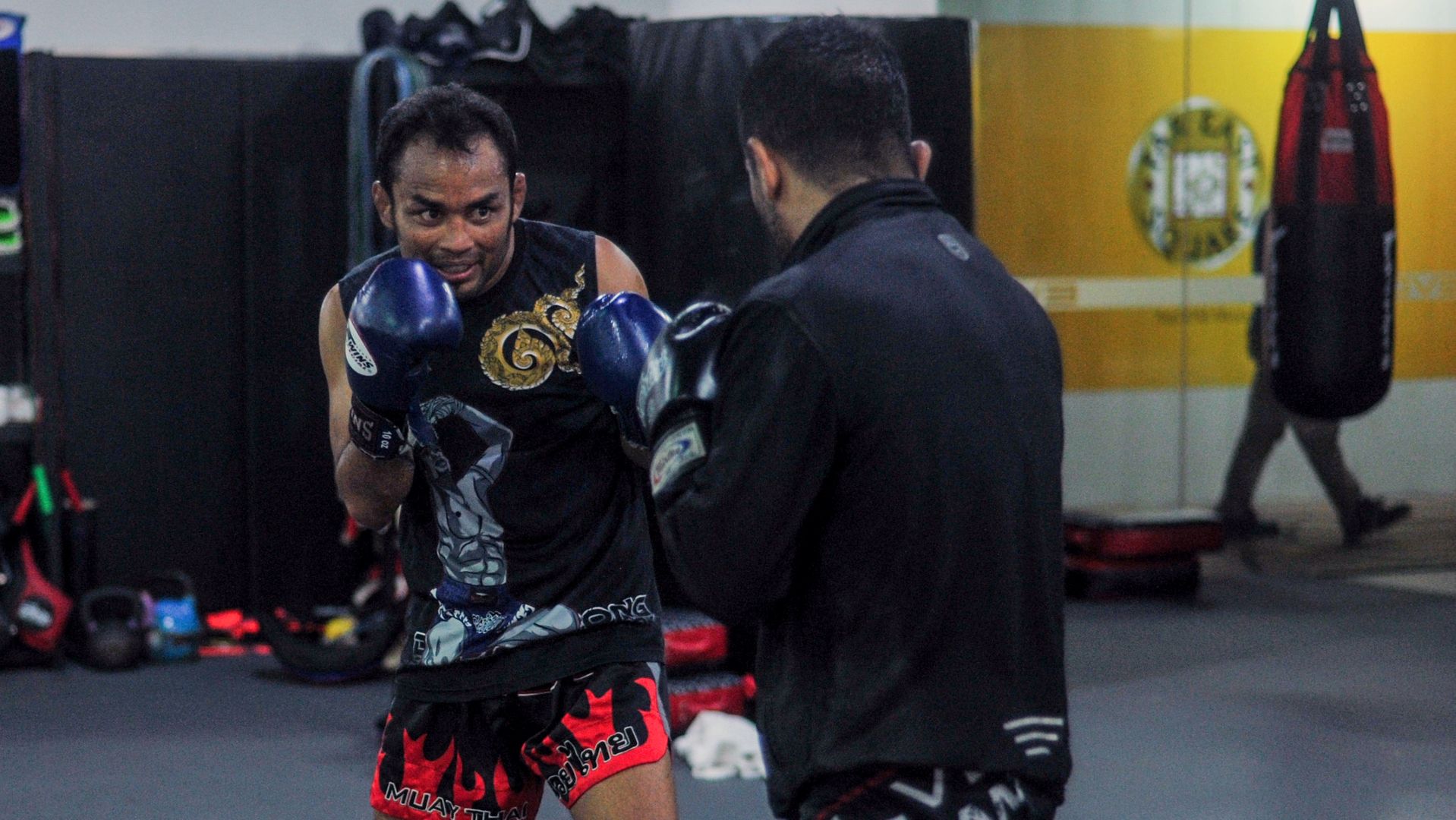
Although you won’t spar for the first couple of months of training, and even after that that it’s optional, sparring is one of the best things a boxer can do to improve once you’re ready. Sparring is basically a simulated boxing match, although the intensity is usually much lower. Sparring, when done correctly, is a safe and fun way to practice the techniques you learn in boxing class. When done incorrectly, though, it can actually make you and your teammates worse. Sparring has its own rules of etiquette, including:
- Dial down the intensity
Sparring shouldn’t be an all-out war, especially when you’re a beginner. If you try to take your partner’s head off every time you spar, no one will want to spar with you. In addition, you’re unlikely to improve much. Sparring is a learning tool. Therefore, while sparring, you should focus on practicing what you’ve learned in class. Dial down the intensity!
- Adjust your intensity and power based on your partner
Martial arts have weight classes for a reason. Therefore, if you are paired up to spar with a much smaller or weaker opponent, you should adjust your intensity and power accordingly. If you are too hard on your smaller and weaker classmates, you’ll be seen as a bully, and you probably won’t last long at your boxing gym. If you focus on learning and technique when sparring, and you adjust how you box based on your partner, you’ll be viewed as a great teammate.
- Touch gloves at the beginning of the sparring match
Touching gloves at the beginning and end of each sparring match is a sign of respect and good sportsmanship. And although this should go without saying, don’t ever use a glove touch as an opportunity to immediately throw a cheap shot. Touch gloves, give your partner a moment to establish his or her boxing guard, and begin the round.
- Listen to your boxing coach
Finally, listen to your boxing coach while you are sparring. This is easier said than done, especially for beginners. However, the ability to listen to your coach while you spar must be developed, especially if you’d like to compete at some point. Listening to your coach helps keep you focused and will ultimately help you perform better. As a beginner, it’s easy to get tunnel vision and block out everything except your opponent. In other words, many beginning boxers enter “fight or flight” mode in the ring, forgetting everything they’ve learned and sparring solely on instinct. This must be avoided at all costs. Listen to your coach, and you’ll rapidly improve!
If you liked this article, you may also like:
How To Anticipate Punches In Boxing
5 Of Sugar Ray Leonard’s Signature Boxing Techniques You Can Add To Your Game
